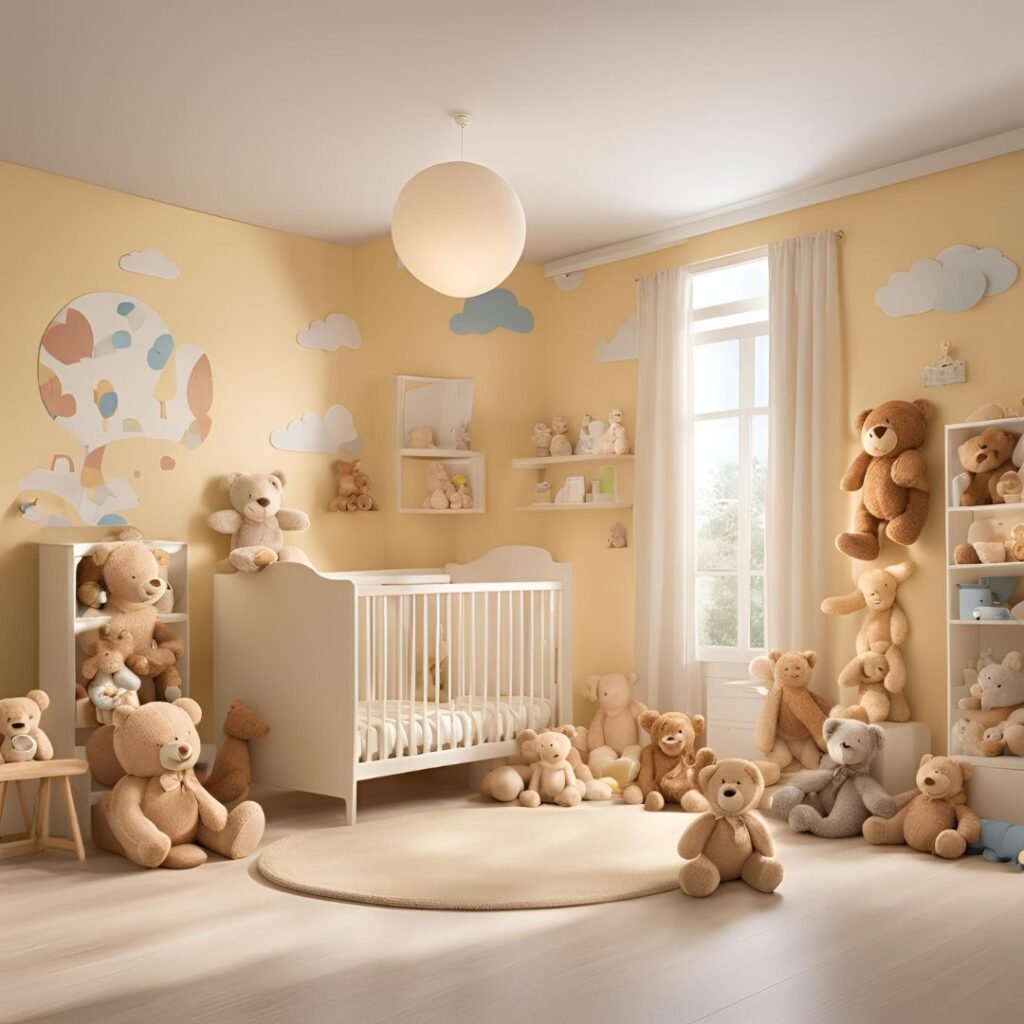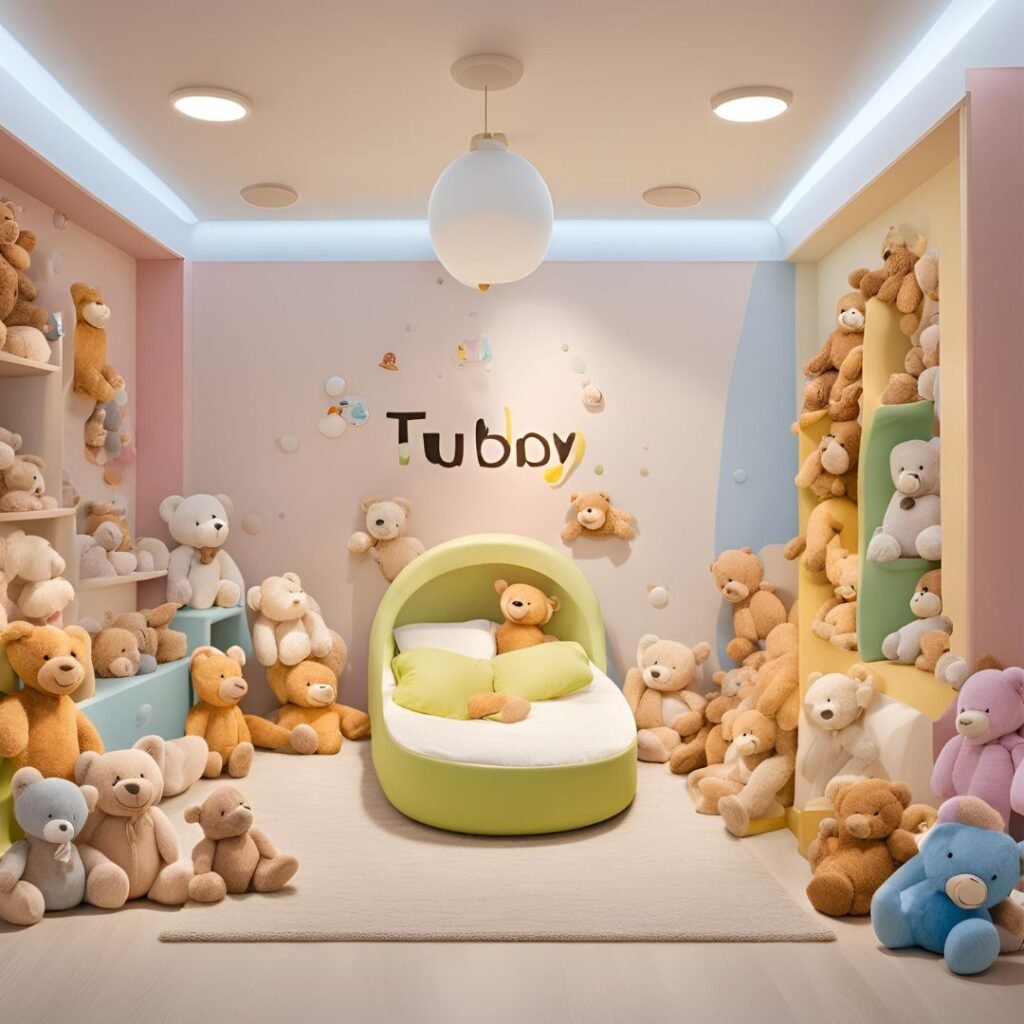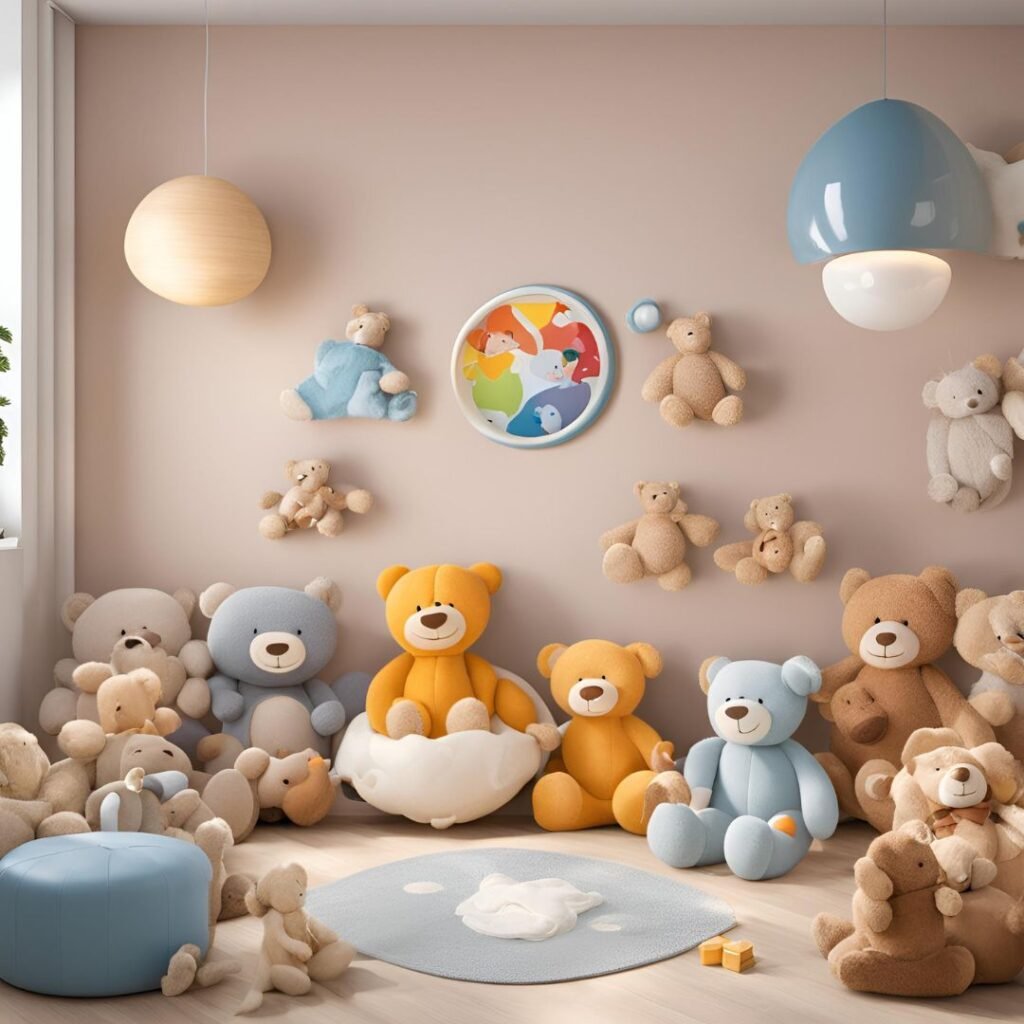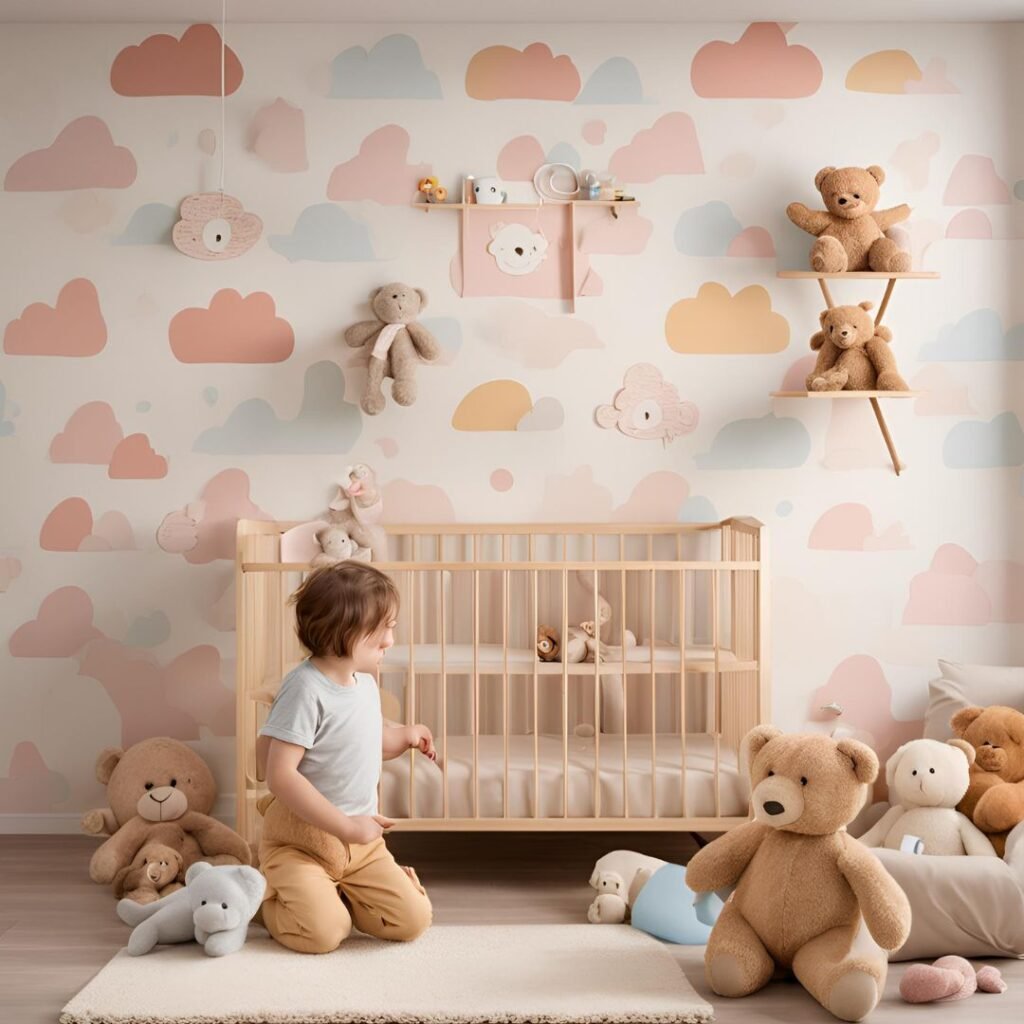
Blogs
Know 7 Benefits of Soft Toys for Child Development



Soft toys, often cherished companions for children, offer more than just cuddly comfort. They play a crucial role in child development, supporting emotional, social, and cognitive growth. This article explores the myriad benefits of soft toys, demonstrating how they contribute to a child’s overall development from infancy through early childhood.
1. Emotional Development
1.1. Providing Comfort and Security
From their earliest days, infants seek comfort. Soft toys can serve as transitional objects, helping children feel secure as they navigate the world. A soft toy can ease separation anxiety, providing a sense of familiarity during stressful situations, such as a first day at school or a visit to the doctor.
1.2. Encouraging Emotional Expression
Soft toys are often seen as confidants for children. Kids talk to them, share their thoughts, and express feelings they might not articulate to adults. This practice allows children to explore their emotions in a safe space, fostering emotional intelligence and awareness.
1.3. Teaching Empathy and Compassion
When children care for their soft toys, they learn empathy. They mimic nurturing behaviors, which can translate into their interactions with peers and pets. This development of compassion is crucial in building healthy relationships throughout their lives.
2. Social Development

2.1. Fostering Social Skills
Playing with soft toys often involves imaginative scenarios that require negotiation and collaboration. For example, when children create a storyline with their plush companions, they practice essential social skills like sharing, turn-taking, and cooperation.
2.2. Role-Playing and Understanding Social Dynamics
Soft toys allow for role-playing activities that help children understand various social roles and situations. By acting out different scenarios, children gain insights into emotions, conflict resolution, and the importance of cooperation.
2.3. Building Friendships
In group settings, soft toys can act as conversation starters. Children often bond over shared interests in particular toys, helping them make connections and develop friendships. This social interaction is vital for their social network and emotional well-being.
3. Cognitive Development
3.1. Enhancing Imagination and Creativity
Soft toys stimulate a child’s imagination. When a child invents stories involving their plush friends, they are engaging in creative thinking. This imaginative play is crucial for cognitive development, as it encourages problem-solving and the ability to think abstractly.
3.2. Language Development
Talking to soft toys can enhance a child’s vocabulary and language skills. As they narrate stories or engage in conversations with their toys, children practice language usage, articulation, and storytelling, all essential components of effective communication.
3.3. Encouraging Learning through Play
Soft toys can also be educational tools. Many toys are designed to teach specific concepts, such as colors, shapes, or numbers. Interactive soft toys can engage children in learning while providing fun and comfort.
4. Physical Development
4.1. Motor Skills Development

Playing with soft toys often involves various physical activities, from tossing them around to dressing them in outfits. These activities help develop fine motor skills, hand-eye coordination, and overall physical dexterity.
4.2. Promoting Active Play
Though soft toys are often associated with quiet play, they can also encourage active play. Children may engage in games that involve running, jumping, or dancing with their plush friends, promoting a healthy and active lifestyle.
5. The Psychological Benefits of Soft Toys
5.1. Stress Relief
Soft toys can act as a calming presence for children. In moments of distress or anxiety, hugging a soft toy can provide comfort and reduce stress levels. The physical act of hugging releases oxytocin, often referred to as the “love hormone,” which can help alleviate anxiety.
5.2. Developing Coping Mechanisms
As children encounter new experiences, soft toys can help them cope with challenging situations. For example, a child may carry a soft toy during a move to a new home, providing comfort during the transition. This reliance on soft toys can teach children healthy coping mechanisms for dealing with change and uncertainty.
5.3. Encouraging Resilience
Soft toys can also play a role in fostering resilience. When children face setbacks or challenges, having a soft toy to turn to can remind them that they have a reliable source of comfort. This reinforcement helps children build the emotional strength to overcome difficulties.
6. The Role of Soft Toys in Family Dynamics
6.1. Strengthening Family Bonds
Soft toys can be part of family traditions. For instance, parents might gift a child a soft toy during a special occasion, creating a lasting memory that strengthens familial bonds. Sharing stories or experiences related to soft toys can enhance family connections.
6.2. Facilitating Conversations
Soft toys can serve as tools for difficult conversations. Parents can use a child’s favourite plush friend to broach topics such as emotions, fears, or changes in the family dynamic, making discussions more approachable and less intimidating.
7. Considerations for Parents

7.1. Choosing the Right Soft Toy
When selecting a soft toy, parents should consider safety, age appropriateness, and the developmental benefits the toy offers. Opting for high-quality, non-toxic materials is essential for ensuring the child’s safety.
7.2. Encouraging Diverse Play
While soft toys are wonderful companions, it’s important for parents to encourage a variety of play experiences. Balancing soft toy play with outdoor activities, creative arts, and social interactions can provide a well-rounded developmental experience.
7.3. Teaching Responsibility
As children grow, parents can use soft toys to teach responsibility. Assigning tasks like taking care of their toys or involving them in the cleaning process can instill a sense of ownership and accountability.
Conclusion
Soft toys are far more than simple playthings; they are vital tools for child development. From emotional support to cognitive stimulation, these cuddly companions contribute significantly to a child’s growth. By understanding and leveraging the benefits of soft toys, parents can create an environment that nurtures their child’s development in a holistic and enjoyable way.
As Tubby Toys continues to create soft toys that resonate with children and parents alike, we are proud to be part of this important journey in child development, fostering joy, comfort, and learning for the little ones we cherish.








